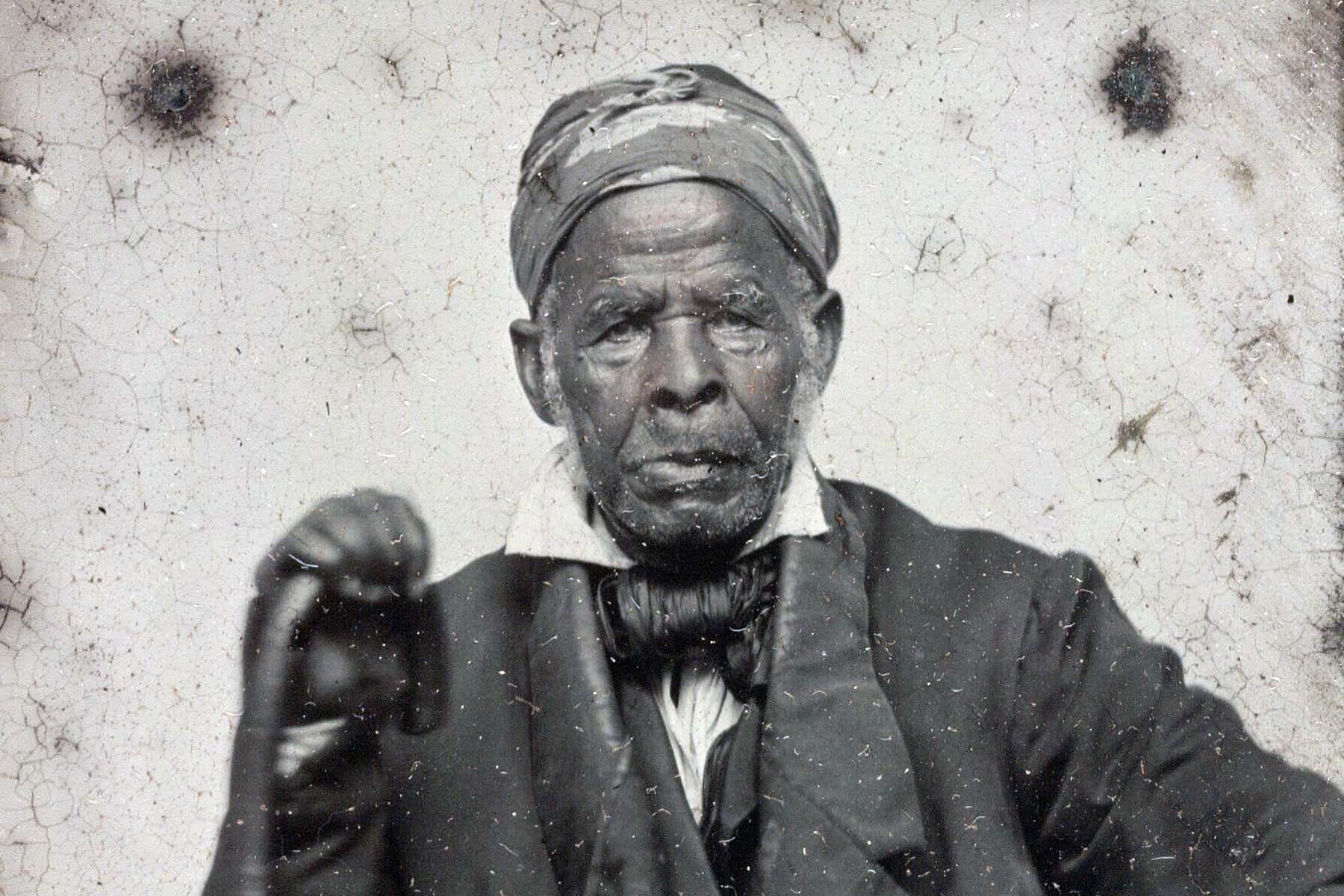
Omar Ibn Said
Omar Ibn Said was born around 1765 in Futa Toro present-day Senegal and belonged to a wealthy family of the Tukolor Fula ethnic group. His family’s wealth afforded him an opportunity to study subjects such as Mathematics and Theology under revered Muslim scholars. Said who was also a tradesman and teacher was documented to have performed his
Said, also known as Prince Omeroh, Omeroh, Moro, Morro, Meroh, Monroe and Uncle Moreau, authored his biography while he was enslaved. The autobiography was part of the fourteen Arabic
His literacy in Arabic became famous when he escaped from a harsh master who had purchased him in South Carolina whom Said describes as a ‘small
When Said escaped from South Carolina, he landed in Fayetteville in North Carolina where sought he found a church and prayed after seeking a place of worship. Local authorities found him and put him in custody as a runaway. While in custody, he wrote on the walls of the cell in Arabic; a practice that challenge the erroneous assumptions by white people that enslaved Africans were illiterate.
He was eventually purchased by General James Owen, a man of high repute in the area. Owen was praised in Said’s autobiography. He described Owen’s family as an excellent one in which he has known no wants. He also credited the Owens for his conversion to Christianity. His conversion to Christianity has been debated for a while as evidence of Quranic verses have been found in his bible. For example, he wrote the opening
His Islamic education allowed him to use Arabic to hide his Muslim religious writings. While some people believed his conversion in its entirety, others like a minister in his church were doubtful about Said’s complete conversion. He said Said’s outward signs presented him as a Christian.
By this, the minister had cast a shadow of doubt on Said’s dealings on the inside which would contradict what was seen on the outside. Revelations from his autobiography continuous to leave a confusion as to whether he actually converted to Christianity.
He is believed to have died in 94 with the circumstances of his death still being unclear.









